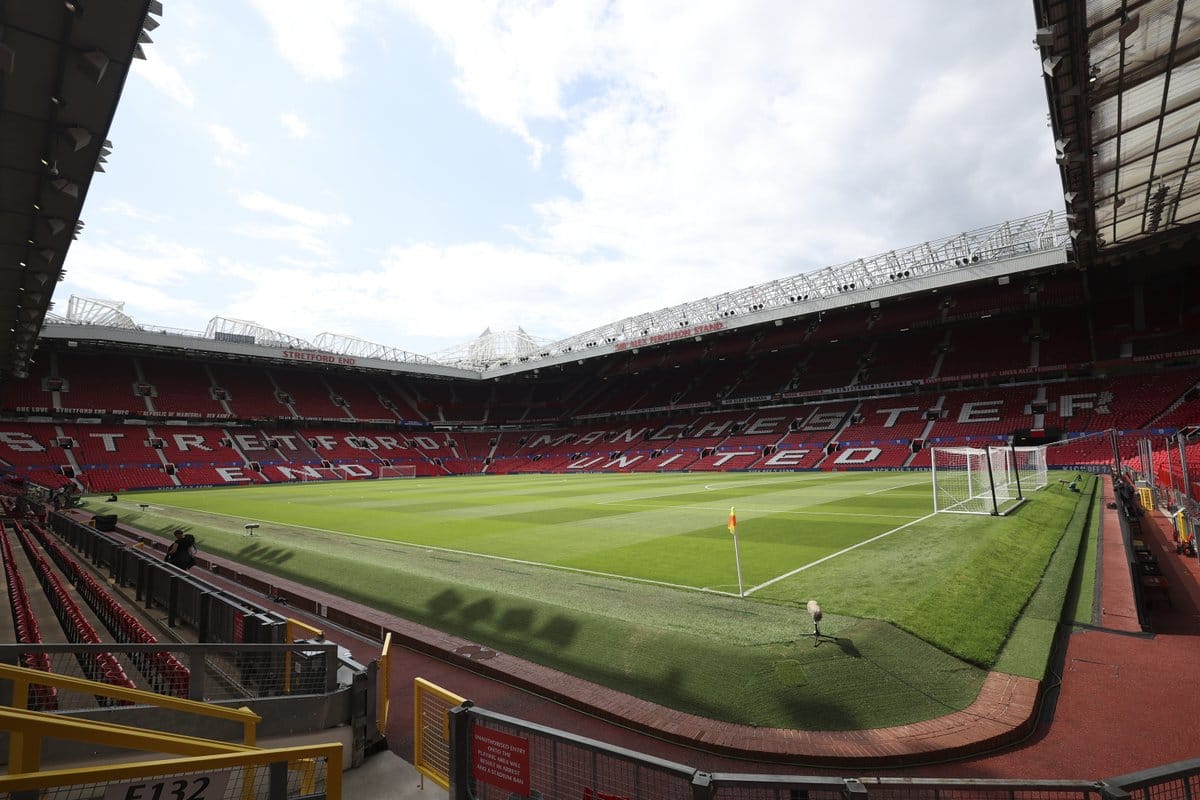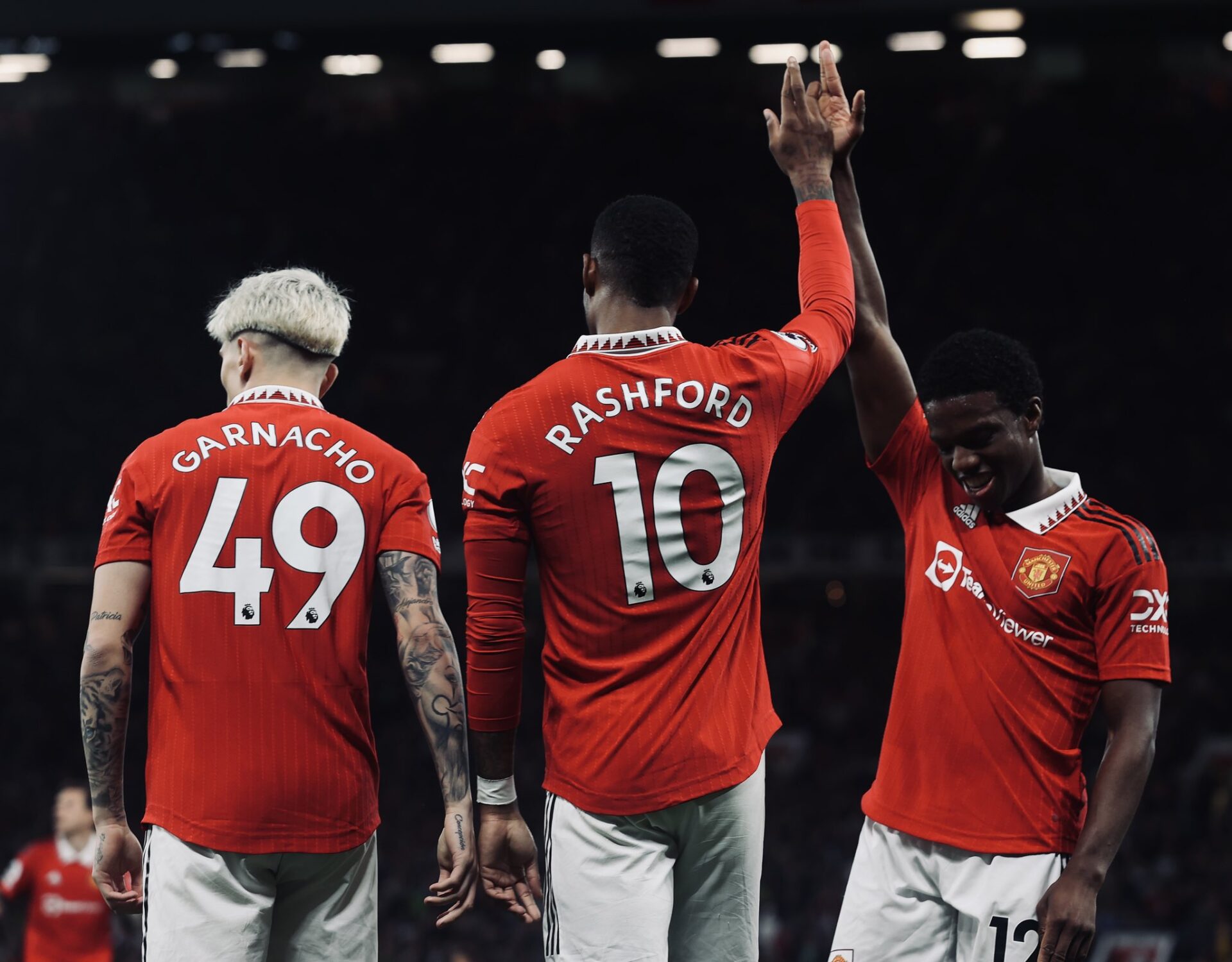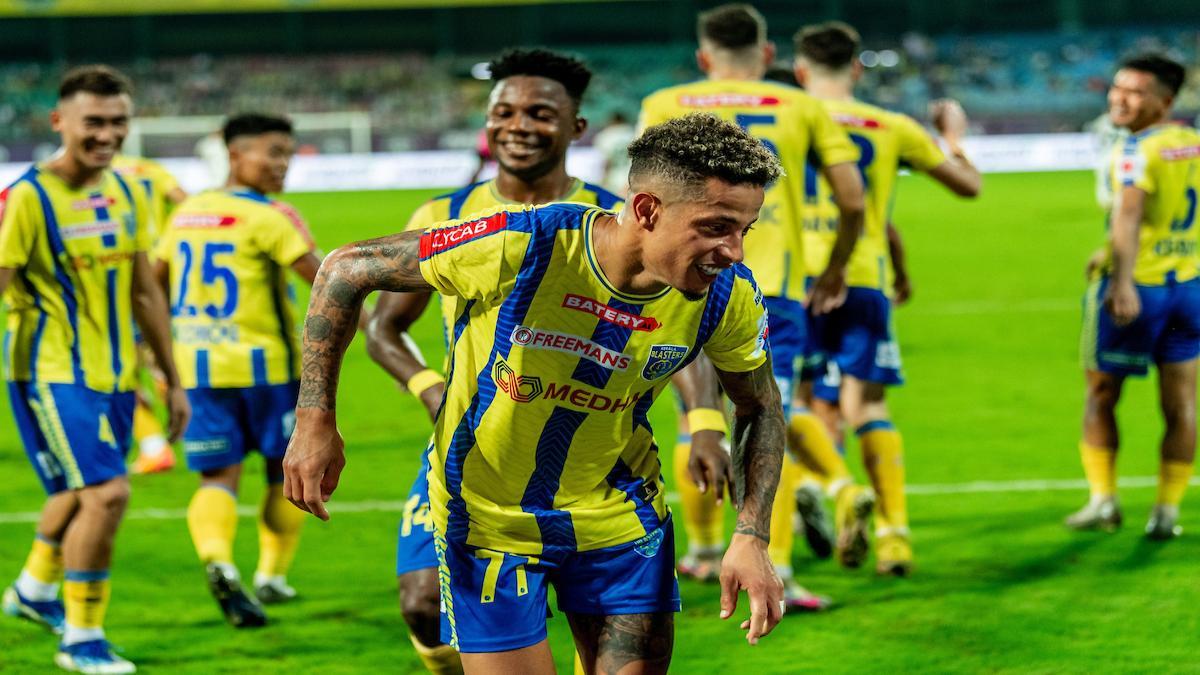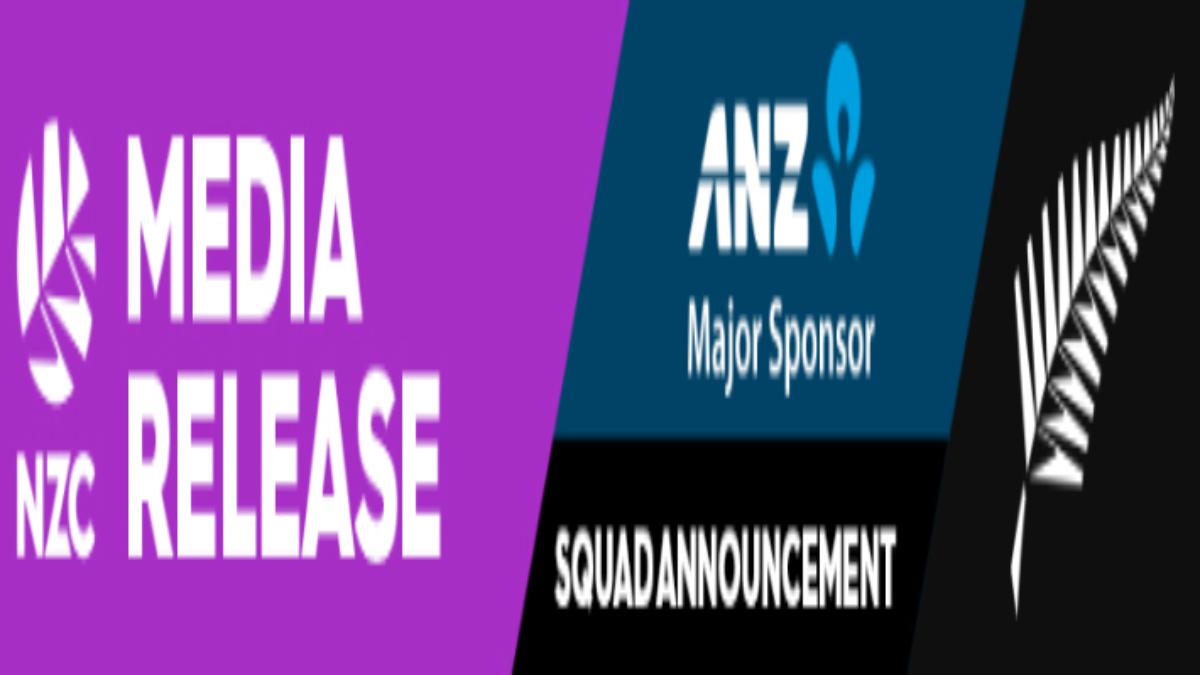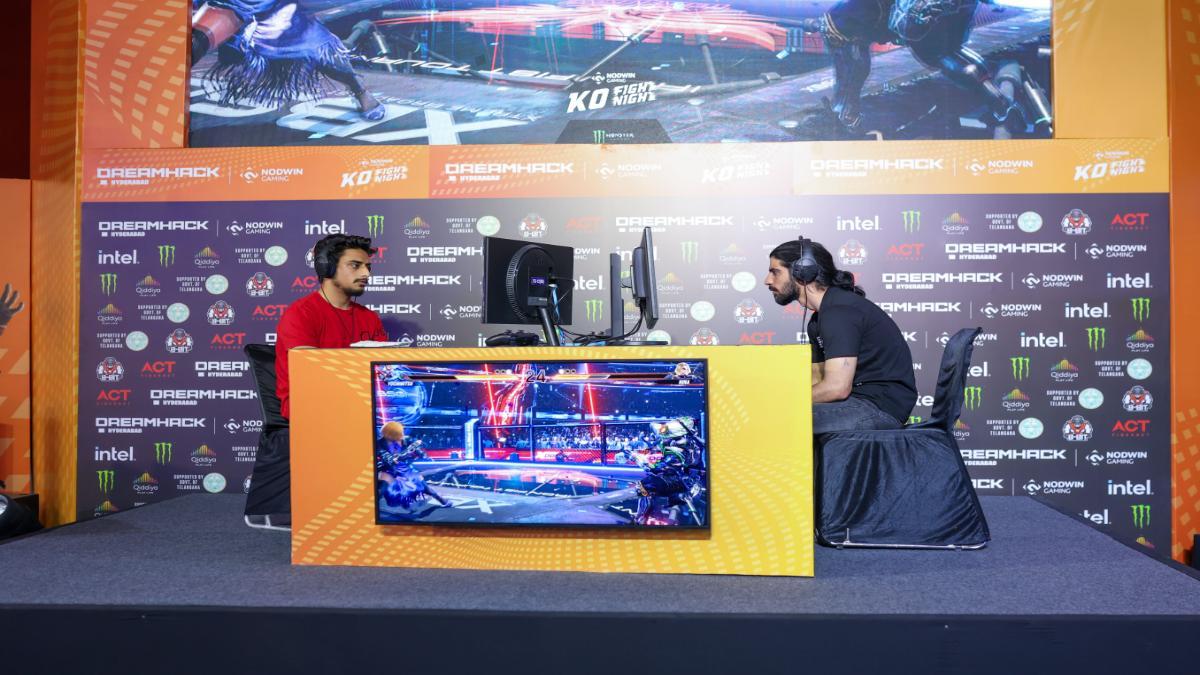The sports industry in India has boomed with the country hosting an unprecedented number of sporting events in the last few years. Gone are the days when India had the reputation for being a one sport nation and newer leagues featuring various international and indigenous sports have come to the forefront and captured the attention of sports enthusiasts. With the newfound sporting initiatives, there is an increased demand for sports management professionals. It goes without saying that making sporting events a reality is a challenging task, which is why the sporting industry has never required skilled hands for its smooth functioning more than it does today.
In an exclusive interview with SPOGO, Mr. Amit Gupte, Chief Operating Officer of the International Institute of Sports Management (IISM) speaks about the scope of sports management, it’s benefits, impact of COVID-19 and it’s future.
Q 1) The sports industry has exponentially grown in India, how much scope do you see for sports management in the country?
I always say that there is only a way forward for the Sports Industry in India. Our country is rich with talented and hardworking sportspersons, which leads to the industry putting emphasis on the field of Sports Management. Athletes/Leagues are directly proportional to Sports Management; this means sports as a whole is flourishing and this necessitates Sports Management. As we have been seeing, India is doing phenomenally well at the sports front. The achievements of our stars in all sports are being acknowledged. We are no longer a one-sport nation. This is a good enough indicator of the fact that we have broadened our outlook. The Sports sector is thriving and will continue to get bigger and better.
Q 2) Considering the sporting developments in India, how beneficial will sports management be in the industry?
Every sport needs management. Be it managing the business side of sports or managing athletes, leagues, sporting events, marathons, organizations, we need professionals to look after it. The Sports Management professionals are educated to direct and shape the sporting scenario with their skills.
The IPL is managed by approximately 20,000 professionals every year. Imagine it being not handled by Sports Management professionals. What will happen? Be it organizing pre- or post-match ceremonies, the opening ceremony, ensuring the timely arrival of athletes at the venue, organizing equipment for them, looking after the nutrition of athletes, their representation and everything else, Sports Management professionals are critical. Sports Management is one of the pillars of the Sports Industry.
Q 3) What are the various skills that sports management equips students for the sports industry? How is it beneficial?
The Sports Industry demands sports-lovers to come in and take up duties of Sports Managers. By pursuing Sports Management education, students get trained to be a part of the sports industry. On the academic front, students are introduced to theories of how the industry runs, its various verticals, case studies and other aspects. All these aspects are understood well when students are given practical, on-field exposure. Students at the International Institute of Sports Management are provided a mix of classroom sessions and practical exposure.
The students are also exposed to extensive research opportunities, which help them learn and explore the industry. They are selected for internships, which give them the chance to observe, understand and experience the functioning of the industry first-hand. Simultaneously, the students also learn time management, organizing skills, putting an extra percentile effort, decision & strategy making and much more. The objective is the all-round development of the student.

Q 4) What has been the response that has been received for sports management at IISM?
IISM has been receiving a tremendous response for 11 years now. Initially, it was a bit of a challenge to spread awareness as people were not acquainted with Sports Management as a career option. Over a period of time, people realised that it can be a lucrative career option for sports-lovers. Now, we have students from across India, who wish to make a mark of their own in the sports industry.
Q 5) How is IISM adapting to the constantly evolving field of sports by designing a curriculum suited to equip students with relevant skills?
IISM updates its teaching methods constantly. We have experienced and skilled faculties from the industry, who are well-aware of the goings-on and developments in the industry. We also have stalwarts from the sports industry on board. They guide whenever required.
IISM has a robust research culture and I think this is a great asset. Be it trends or current happenings or public opinion, students extract all of these through research projects, which help us understand diverse situations in the industry.
Q 6) How important is the role of professional management off the field, when it comes to complimenting the efforts of the athletes on the field?
Where there is Sports, there is a need for Sports Management. Athlete Representation and Athlete Management have become the need of the hour. Media engagement, PR, nutrition, psychology, training, content creation and everything else pertaining to the athletes are managed by professionals. Athletes are always busy with preparations for prominent tournaments and professionals therefore are needed to look after their day-to-day activities. These professionals ensure that athletes do not have to worry about anything and are free to focus on their performance.
Q 7) How much of an impact has the COVID-19 pandemic had on sports as an industry and management related jobs in the field?
As we know, everything had come to a halt last year, due to the pandemic. I am proud to apprise you that the Sports Industry didn’t stop functioning. The Ministry of Youth Affairs & Sports continued to work on diverse initiatives. Throughout the year, we witnessed how the ministry launched numerous Khelo India Centres of Excellence in many states. Practices were halted at some point for some time, but things are gradually getting back on track. Athletes are preparing for the Olympics and we are confident of some extraordinary performances. All in all, the Industry is doing well and Sports Management jobs and opportunities are also in place. In fact, students from IISM were placed in esteemed organizations last year. Many of them got virtual internship opportunities.
Q 8) What do you envision as the future of sports management?
I envisage a bright future for Sports Management professionals. As an audience, we have started supporting diverse sports and that is wonderful. Athletes are getting recognition and we only wish the best for them. I am glad that Sports Management professionals who work in the background and let their deeds talk for them are also being recognised.
Shri. Kiren Rijiju, the Hon. Minister of Youth Affairs & Sports, has a dream of making India a top country in the Olympic medal tally. With increasing synergy between athletes, sports managers, federations and all the other members of the Sports Industry, I have no doubt that his dream will be fulfilled.




